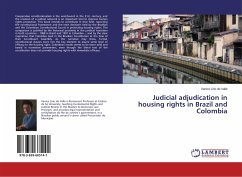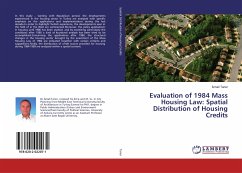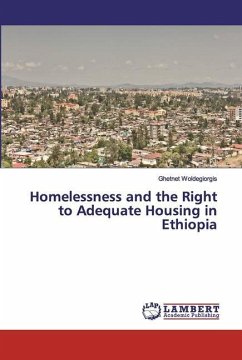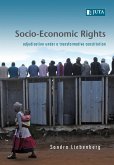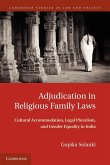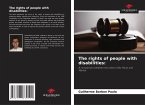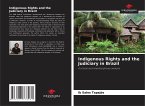Cooperative constitutionalism is the watchword in the 21st. century, and the creation of a judicial network is an important tool to improve human rights protection. This book intends to contribute in that field, reporting the constitutional framework and the main decisions held by the Brazilian and the Colombian Constitutional Courts in protecting housing rights. The comparison is justified by the historical proximity in the juridical transition in both countries 1988 in Brazil and 1991 in Colombia ; and by the clear inspiration that Colombia took in the Brazilian Constitution at the time of their Constituent Assembly. As the narrative may show, formal constitutional clauses were not the key element to assure some level of efficacy to the housing right; Colombian results seems to be more solid and based in normative parameters, even though the literal text of the constitution does not provide housing rights with immediate efficacy.
Bitte wählen Sie Ihr Anliegen aus.
Rechnungen
Retourenschein anfordern
Bestellstatus
Storno

